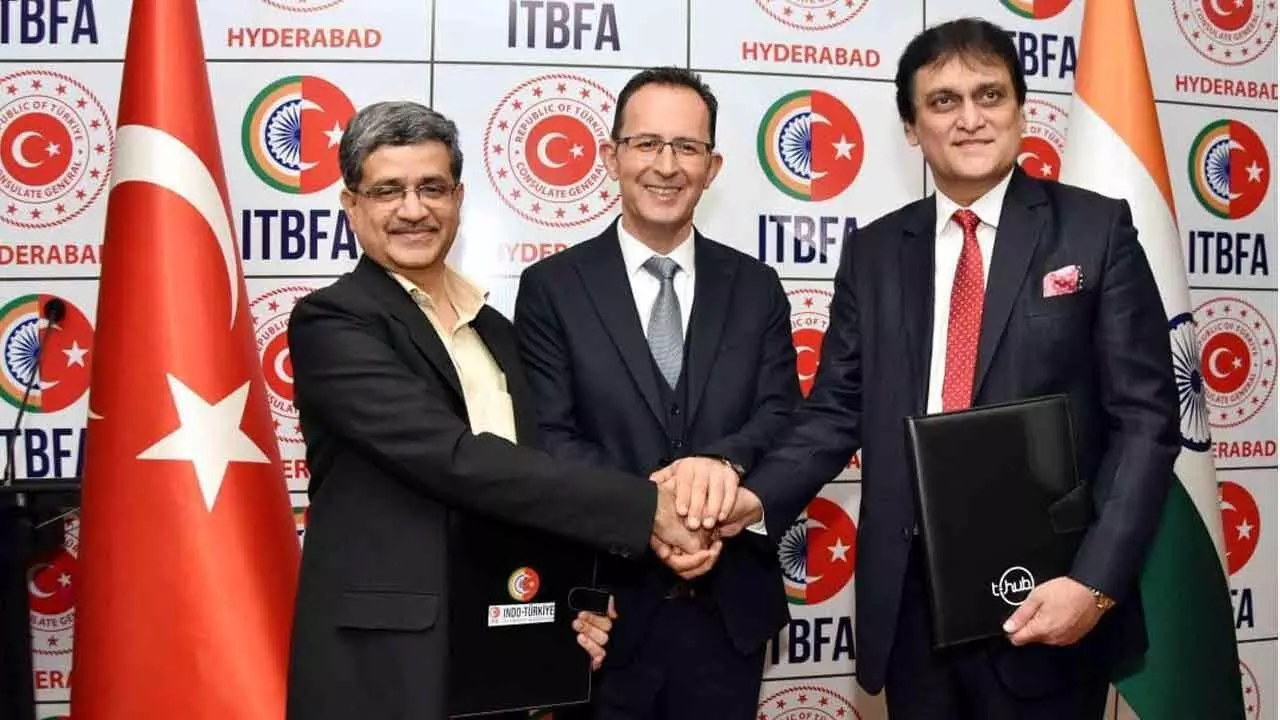Raja Singh, a member of the Bharatiya Janata Party (BJP) and a member of the Legislative Assembly of Telangana, has been charged for delivering hate speech at a Ram Navami rally in Hyderabad. The rally was organized by the BJP on April 14, 2021, to celebrate the Hindu festival of Ram Navami.
During the rally, Raja Singh allegedly made provocative statements against a particular community and incited violence. His speech was widely criticized by various political parties and civil society groups for promoting communal hatred and violence.
The police have registered a case against Raja Singh under various sections of the Indian Penal Code (IPC) and the Representation of People Act (RPA). The charges against him include promoting enmity between different groups on grounds of religion, race, place of birth, residence, language, etc., and statements conducing to public mischief.
Raja Singh has denied the allegations and claimed that his speech was taken out of context. He also accused the police of targeting him for his political beliefs.
This is not the first time that Raja Singh has been accused of delivering hate speech. In the past, he has made controversial statements against Muslims, Christians, and other minority communities. He has also been booked under various sections of the IPC for promoting enmity between different groups.
The issue of hate speech is a serious concern in India, where communal tensions often flare up due to inflammatory speeches by political leaders and religious figures. Hate speech not only violates the fundamental rights of individuals but also poses a threat to the social fabric of the country.
The Indian Constitution guarantees freedom of speech and expression to all citizens, but it also imposes reasonable restrictions on this right to ensure that it does not harm the interests of others or undermine public order. Hate speech falls under these restrictions and is considered a punishable offense under the law.
The case against Raja Singh highlights the need for stricter laws and enforcement mechanisms to curb hate speech in India. Political leaders and public figures must be held accountable for their actions and words, especially when they have the potential to incite violence and disrupt communal harmony.
In conclusion, hate speech is a serious issue that needs to be addressed in India. The case against Raja Singh serves as a reminder of the need for stricter laws and enforcement mechanisms to curb hate speech and promote social harmony. It is important for all citizens to exercise their right to freedom of speech responsibly and refrain from making statements that could harm others or incite violence.














